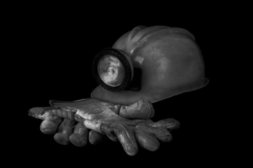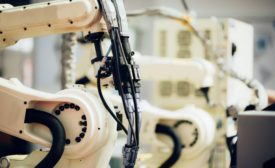News
North Carolina co. takes home the gold for safety
Greenwood, Inc. emphasizes best practices
October 12, 2017
'Khamisiyah Plume' linked to brain, memory effects in Gulf War vets
Study supports lasting harms of exposure to chemical weapons
October 11, 2017
When disaster strikes, will you be ready?
CDC offers emergency response training for EHS pros
October 11, 2017
Ludlow Massacre archaeological project celebrates 20th anniversary
Story of workers’ rights remains important part of history more than a century later
October 11, 2017
Never miss the latest news and trends driving the safety industry
eNewsletter | Website | eMagazine
JOIN TODAYCopyright ©2024. All Rights Reserved BNP Media.
Design, CMS, Hosting & Web Development :: ePublishing









